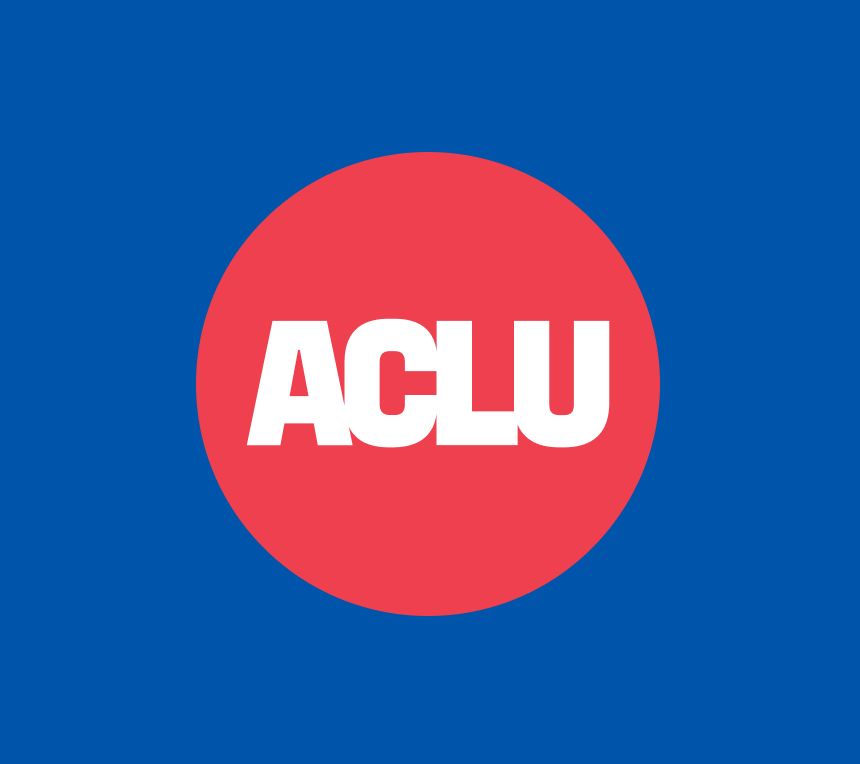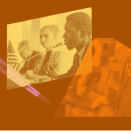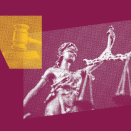Women's Rights
Today, gender bias continues to create huge barriers for many women. Ongoing struggles include ensuring equal economic opportunities, educational equity, and an end to gender-based violence.
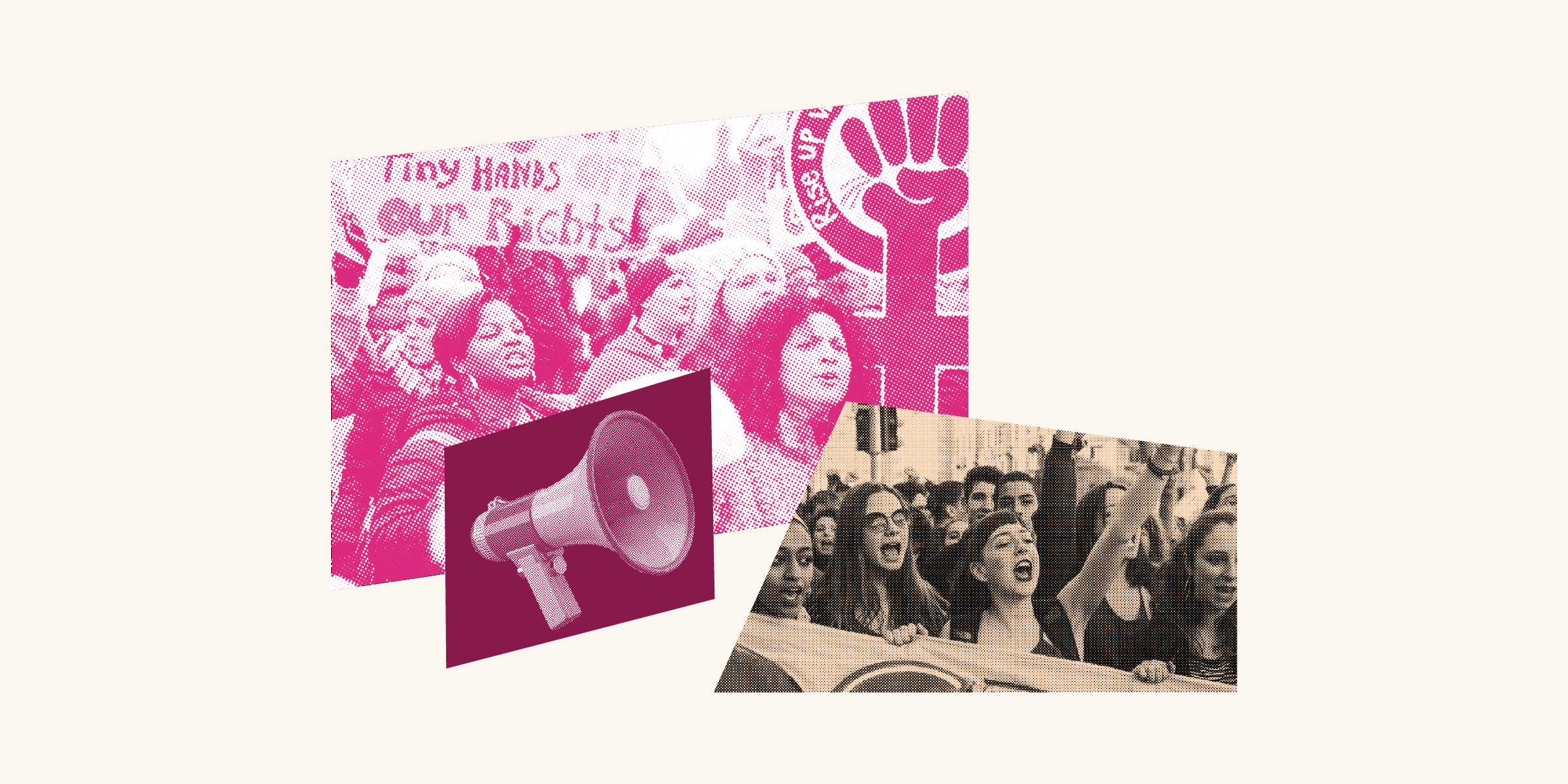
What you need to know
The Latest
Explore More
What We're Focused On
-
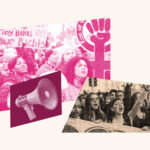
Pregnancy and Parenting Discrimination
The ACLU works in courts, legislatures, and communities to defend and preserve the individual rights and liberties that the Constitution and the laws of the United States guarantee everyone in this country.
-

Violence Against Women
The ACLU works in courts, legislatures, and communities to defend and preserve the individual rights and liberties that the Constitution and the laws of the United States guarantee everyone in this country.
-

Women and Criminal Justice
The ACLU works in courts, legislatures, and communities to defend and preserve the individual rights and liberties that the Constitution and the laws of the United States guarantee everyone in this country.
-

Women's Rights in Education
The ACLU works in courts, legislatures, and communities to defend and preserve the individual rights and liberties that the Constitution and the laws of the United States guarantee everyone in this country.
-

Women's Rights in the Workplace
The ACLU works in courts, legislatures, and communities to defend and preserve the individual rights and liberties that the Constitution and the laws of the United States guarantee everyone in this country.
What's at Stake
A look back at history shows that women have made great strides in the fight for equality, including women’s suffrage and inroads in equal opportunity in the workplace and education.
Despite the tremendous progress made in the struggle for gender equality, women still face violence, discrimination, and institutional barriers to equal participation in society.
Through litigation, advocacy, and public education, the ACLU Women’s Rights Project pushes for change and systemic reform in institutions that perpetuate discrimination against women, focusing its work in the areas of employment, violence against women, and education.
In the employment realm, laws and workplace policies that exclude women from certain job sectors and allow them to be forced out of the workplace when they become pregnant or return to work after having a baby cause persistent disparities in women’s income, wealth, and economic security.
Survivors of gender-based violence face discrimination when police, schools, landlords, and other institutions fail to adequately address and prevent violence and also when laws and policies penalize them, impeding the ability of women and girls to live safely and with dignity.
In the education sector, many public schools have introduced programs based on unfounded stereotypes about the learning abilities and preferences of boys and girls, limiting equal educational opportunities for all.
A look back at history shows that women have made great strides in the fight for equality, including women’s suffrage and inroads in equal opportunity in the workplace and education.
Despite the tremendous progress made in the struggle for gender equality, women still face violence, discrimination, and institutional barriers to equal participation in society.
Through litigation, advocacy, and public education, the ACLU Women’s Rights Project pushes for change and systemic reform in institutions that perpetuate discrimination against women, focusing its work in the areas of employment, violence against women, and education.
In the employment realm, laws and workplace policies that exclude women from certain job sectors and allow them to be forced out of the workplace when they become pregnant or return to work after having a baby cause persistent disparities in women’s income, wealth, and economic security.
Survivors of gender-based violence face discrimination when police, schools, landlords, and other institutions fail to adequately address and prevent violence and also when laws and policies penalize them, impeding the ability of women and girls to live safely and with dignity.
In the education sector, many public schools have introduced programs based on unfounded stereotypes about the learning abilities and preferences of boys and girls, limiting equal educational opportunities for all.
